Home Reviews ,,,,, If until a few years ago medium-sized drones were depopulated, with DJI Phantoms taking the lion's share of the scene, a few months ago it was the turn of small-sized drones. Also in this case it was DJI who led the way, with the little Spark first, and the Mavic Air after. JJRC X9 takes its cue, without hiding it too much, from the DJI Spark. It's his clone, but it costs a third.
How it's done
Inside the sales package, in addition to the drone, also a battery, the battery charger, the remote control, charging cables, spare propellers and smartphone support to be connected to the upper part of the controller. There is everything you need to fly.
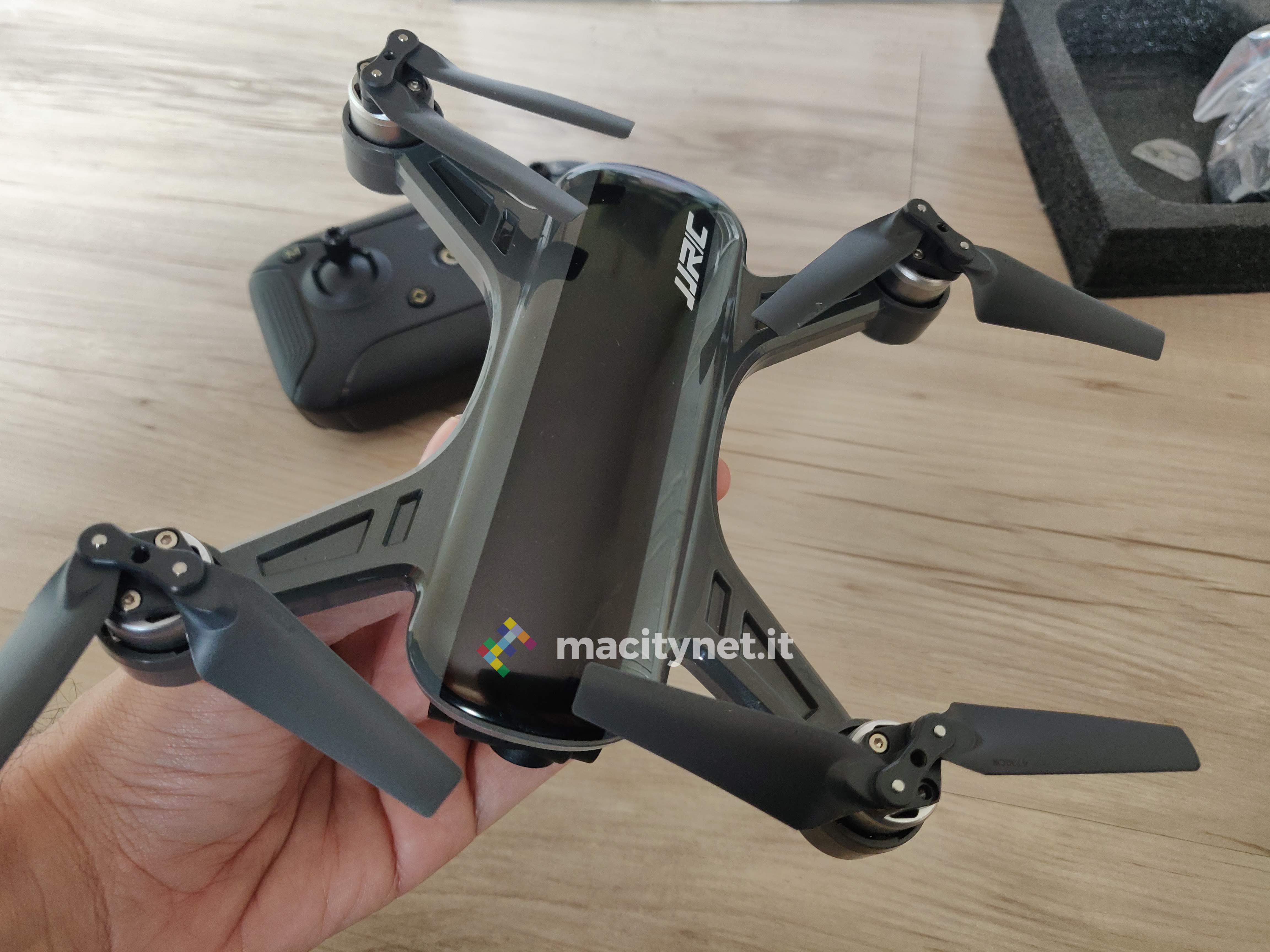
The drone looks very similar to the aforementioned Spark, with similar dimensions and weight, even lower. It weighs about 250 grams and measures 14.80 x 14.50 x 6.00 cm. It does not have reclining arms, so the size will remain so both in flight and during transport in the bag. However, it has very low dimensions and weight, therefore easily transportable. 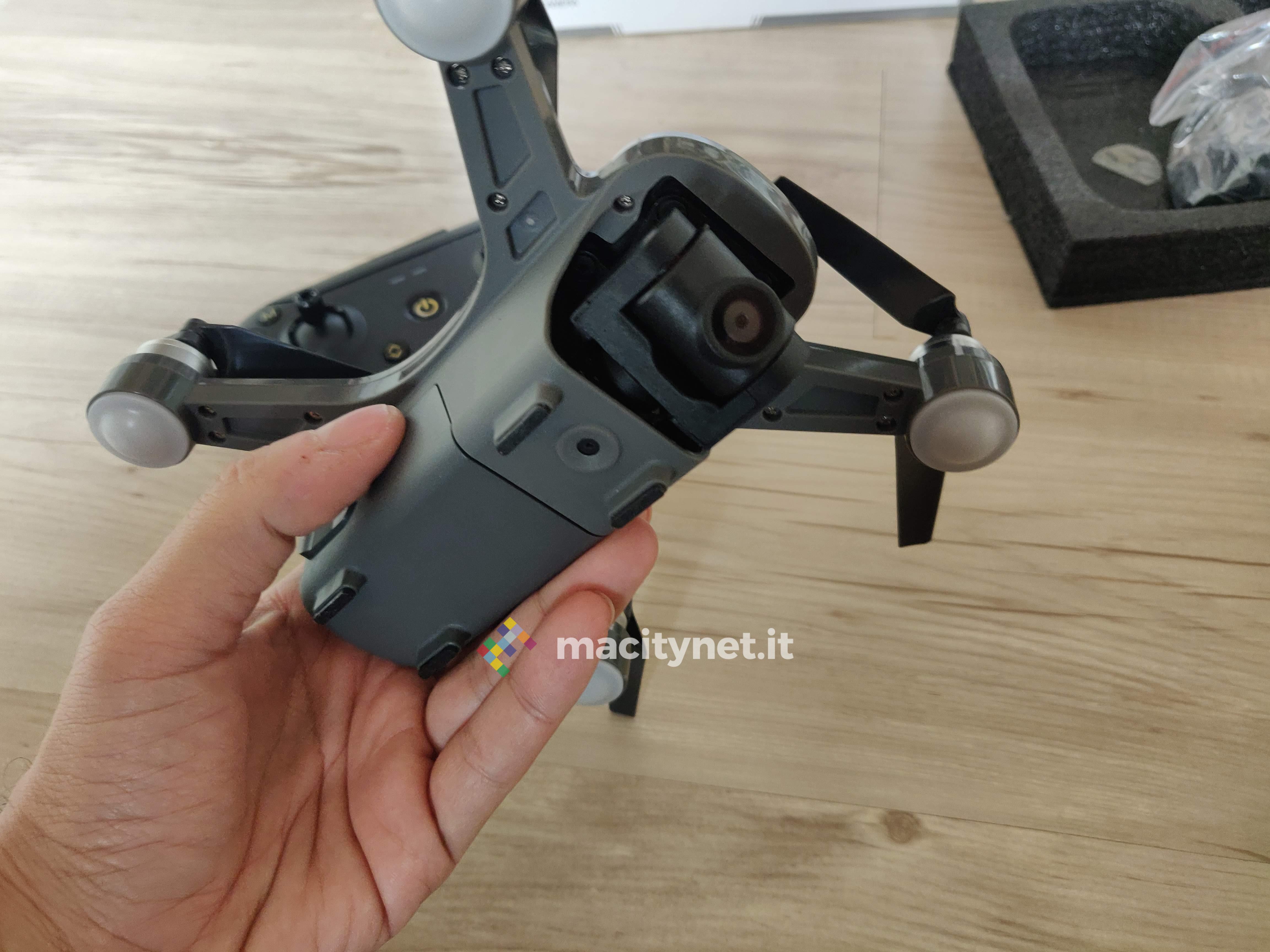
Very solidly built, you feel almost the same feeling in your hand as a Spark. The plastics are not of the same quality, but it is well assembled, absolutely no creaking. The battery is located on the belly of the drone, just behind the camera stabilized on two axes, while the camera is positioned on the “nose” in a way and in a position similar to the Spark. 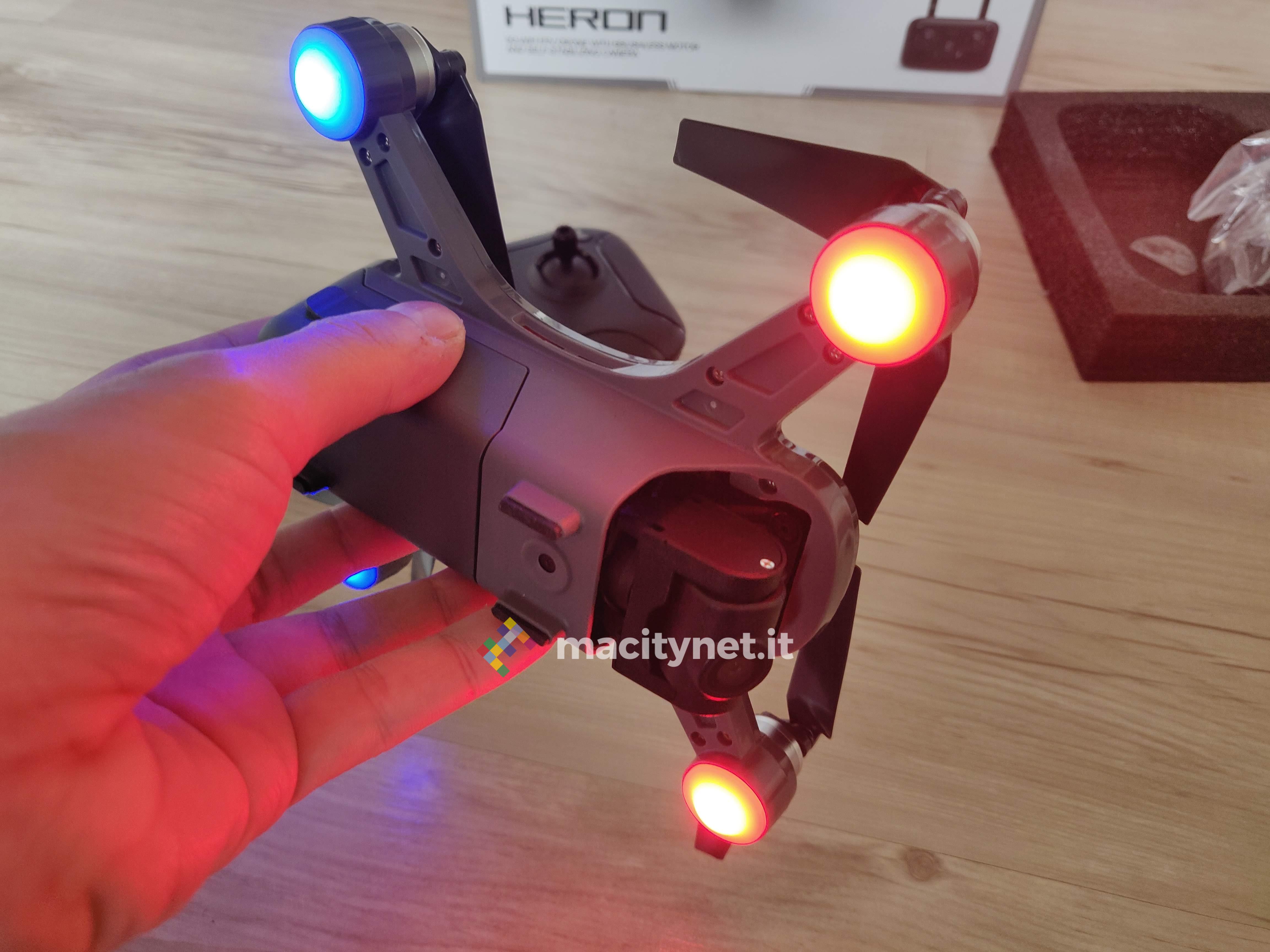
The motors are brushless, therefore particularly powerful and resistant over time, the same type used in higher-end drones. It is not very noisy, but despite being small in size it makes its presence felt in the air. Under the engines there are LED lights, which serve to identify it in the air, and to easily distinguish the direction of flight.
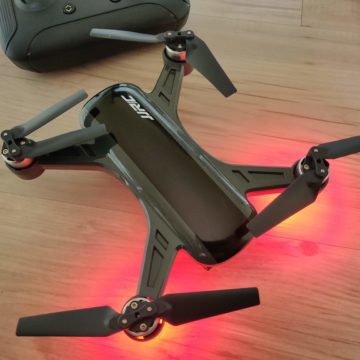
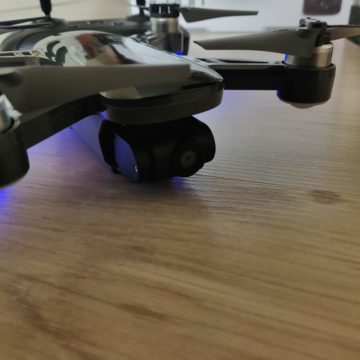
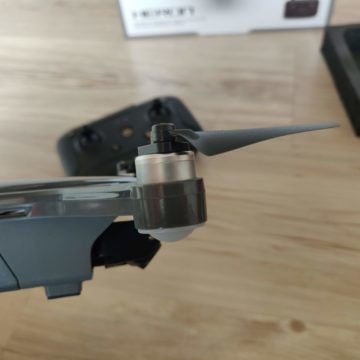
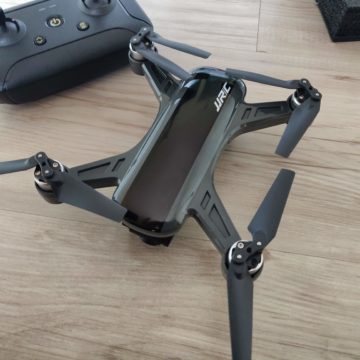
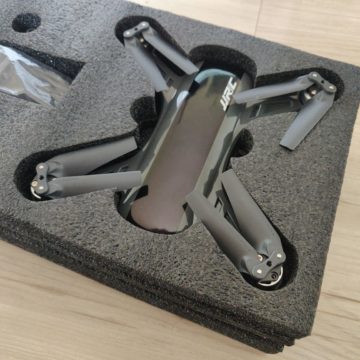
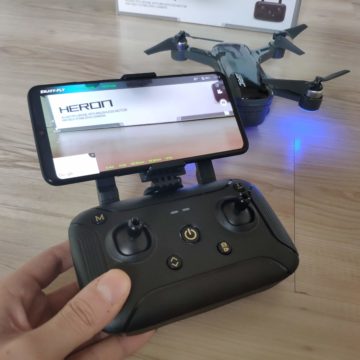
GPS
The drone is equipped with GPS, which naturally allows advanced flight functions, such as automatic return to base by pressing a single button, which can be useful in case of panic, or malfunctions.
The GPS is certainly not among the most accurate appreciable in a drone, and although the flight is stable and particularly facilitated by the automatic positioning, JJRC X9 struggles to maintain the same position, and you will see it move a few centimeters / meter when you leave completely. the triggers.
In short, the drone will tend to remain in the same space, but will tend to move a few meters, which is not the case with a Spark or any DJI drone. However, the GPS is accurate when it comes to returning to base, and recognizes the take-off point almost optimally.
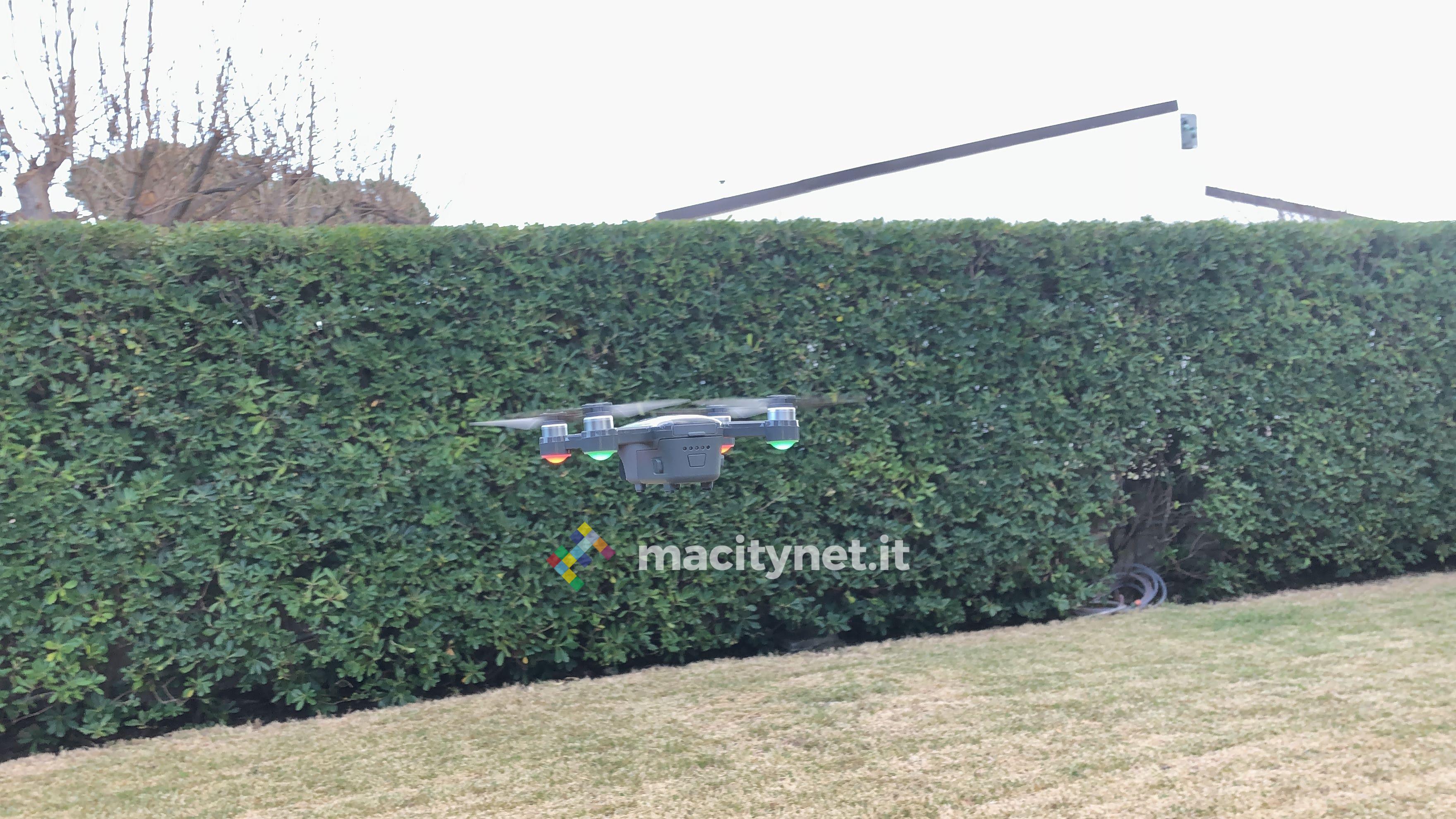
It also offers advanced flight functions, such as point of interest, way point and “follow me” mode. Also in this case it is not among the most precise seen in a drone, and it often happens that the camera loses sight of the lens.
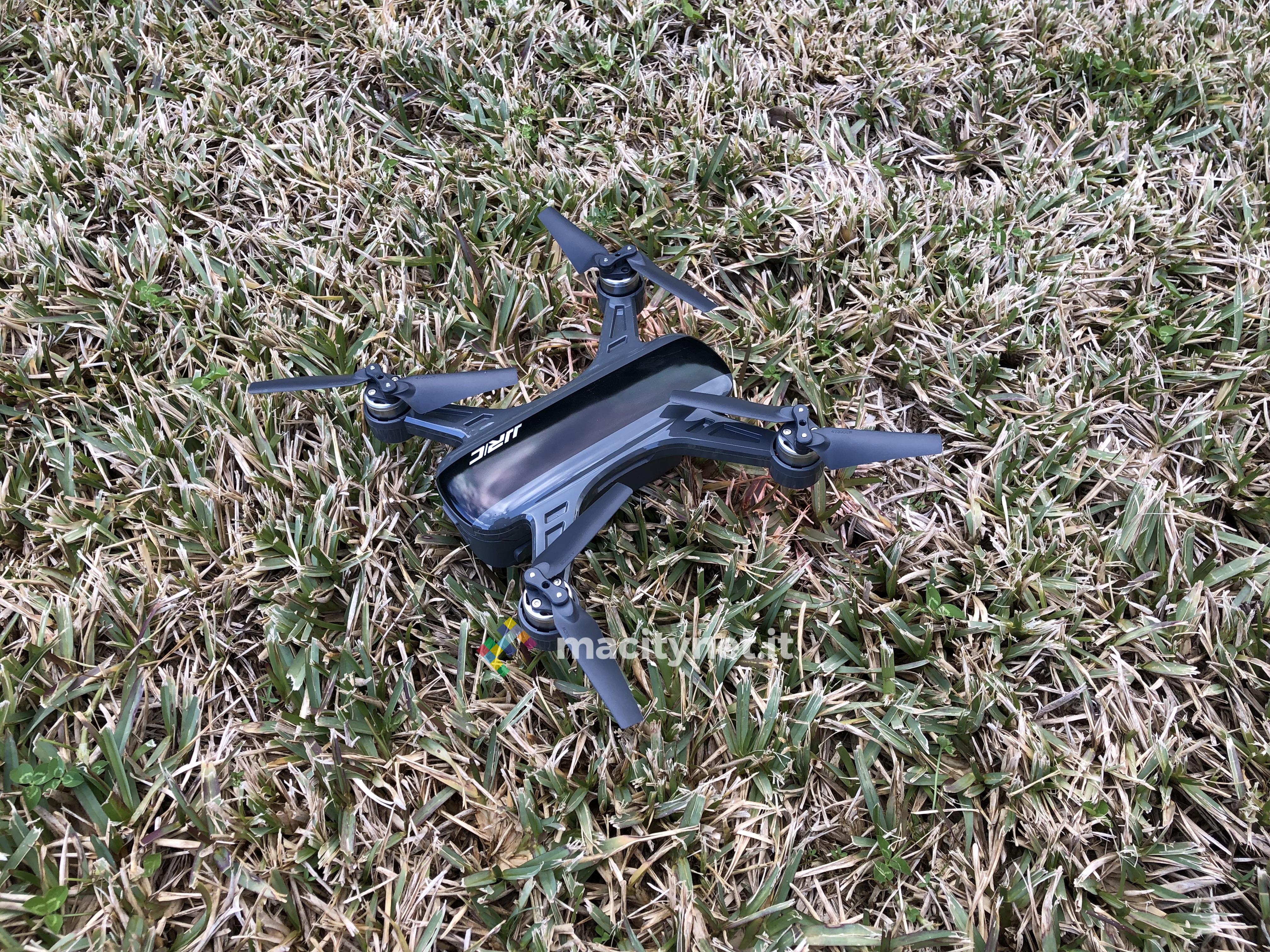
Photo quality Video
From this point of view we let the videos and photos we take in flight do the talking. Of course, nothing comparable to a Spark DJI, neither in terms of videos nor photos. It must be said that JJRC X9 costs a third of the rival, and all in all it allows you to record videos and take photos that can be enjoyed on a small screen of a smartphone, or a tablet.
It is a drone, then, to be used for social sharing on the fly, to immortalize a sunset or to take a selfie from a different perspective. It's not a film maker drone, and it doesn't aspire to be, but rather a flying camera to wow your friends on Facebook or Instagram.
To store photos and videos there is an SD slot, while from a smartphone it is possible to download images and videos in native quality wirelessly: the app is graphically rudimentary, but it works very well, also and above all in the passage of photos and videos.
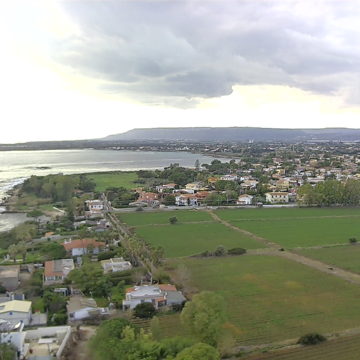
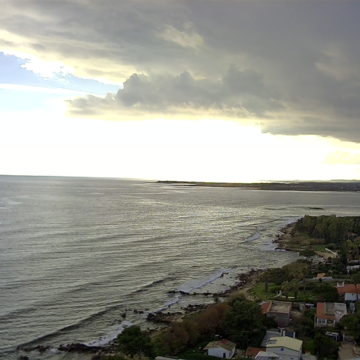
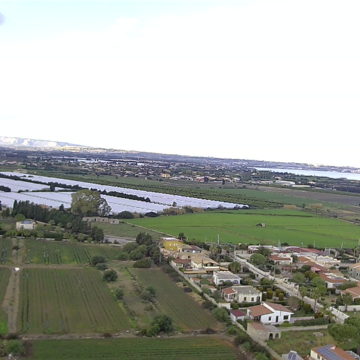
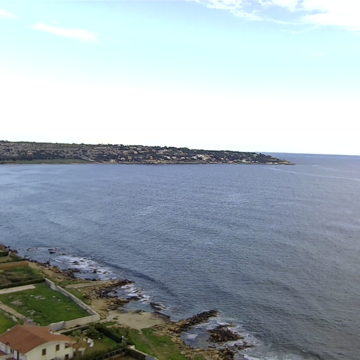
Control and enforcement
The drone can be controlled both via smartphone and via the remote control included in the sales bundle. The second option is preferable, because it offers a greater flight range, as well as greater control accuracy.
The radio control is different from that of the Spark, lighter, certainly less technological and made with less precious materials. A support is available to be set on the upper part, which allows you to hold a smartphone, so that the pilot can appreciate the images transmitted by the drone in real time.
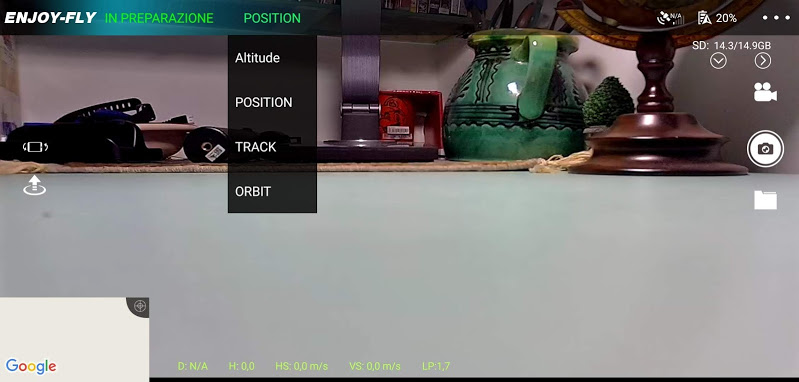
The connection is made via WiFi, whether you want to control the drone directly with your smartphone, or whether you choose the option with radio control. To connect, simply turn on the drone and controller, and connect to the WiFi networks generated by them, through the settings menu of your device.
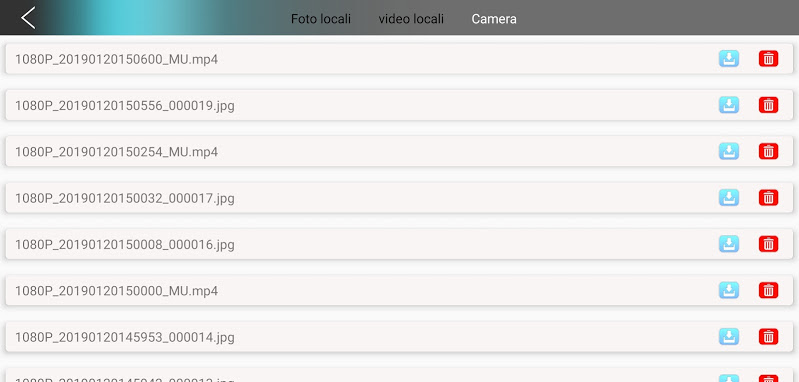
Of course, a control via wireless network negatively affects the range of flight and the transmission of live images to the smartphone. The manufacturer declares a maximum reachable distance of 1000 meters, an absolutely untrue parameter.
It is true that the intensity of the signal will depend a lot on the area of flight, and on other factors, such as the presence or absence of interference, but in our case we were not able to go beyond or 200 meters.
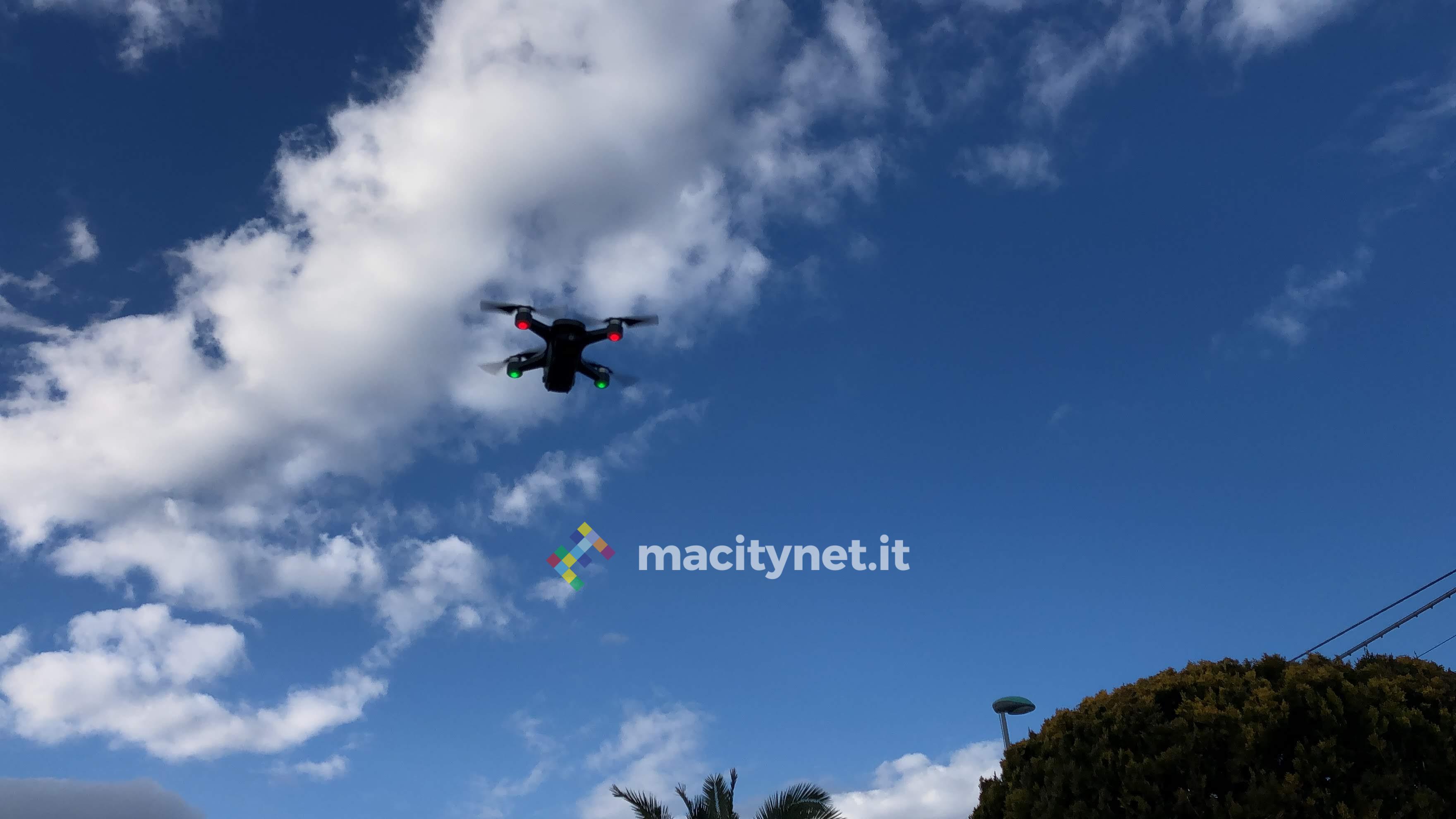
However, this is a considerable distance, considering that the drone must always be guided on sight, and that its task is right to amaze friends and family with some shots or videos shared on social networks. The flight autonomy is good, about 12 minutes, also in this case variable data depending on the driving style and weather conditions.
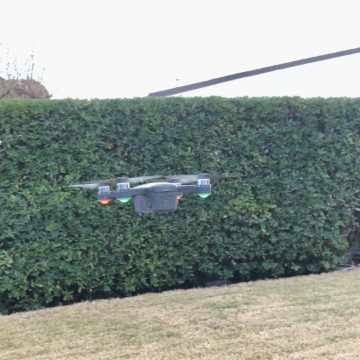
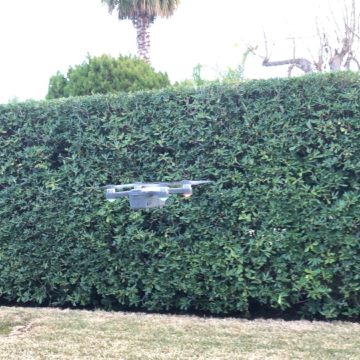
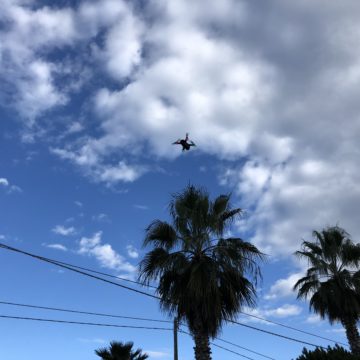
Conclusions
JJRC X9 is well built, light, fun to drive, and with respectable features, starting with brushless motors and ending with a small mechanical gimbal, usually a component reserved for drones of a completely different range. From an aesthetic point of view, it has little to envy to the Spark, although of course it must give way to it when it comes to photo and video quality.
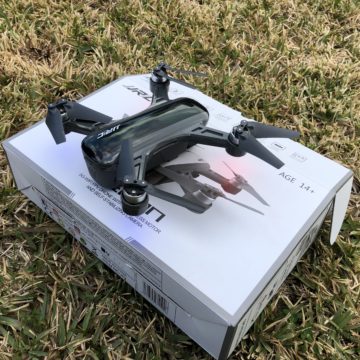
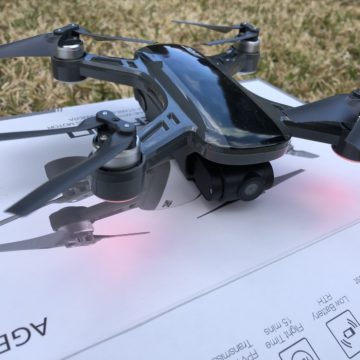
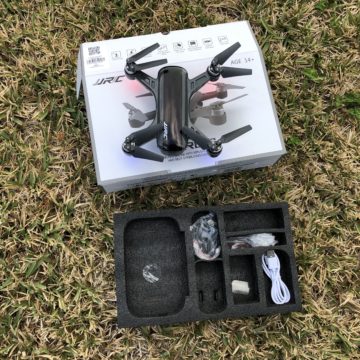
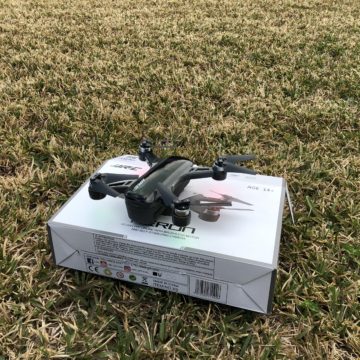
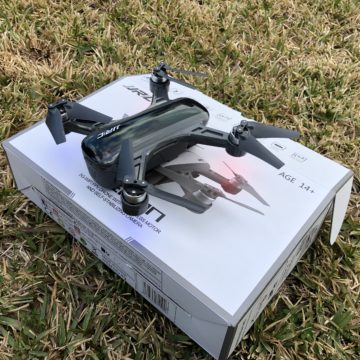
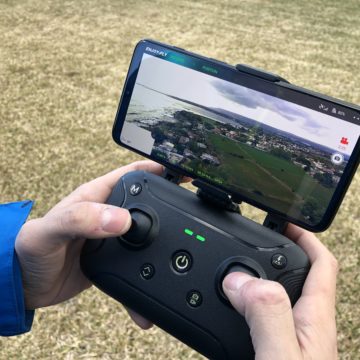
As already mentioned, it is suitable for enjoying images on a small screen, therefore on a smartphone, and consequently particularly interesting for those who want to share moments of flight through social media.
Considering the very low price for the Ready To Fly bundle, JJRC X9 can be recommended to all those approaching the world of flight for the first time: the expense is justified for the technical features it offers, such as the GPS that ensures the return to the automatic base in dangerous conditions.
It costs just 150 euros on GearBest and can be purchased at this address in the different black or white color.
PRO
AGAINST
,,





